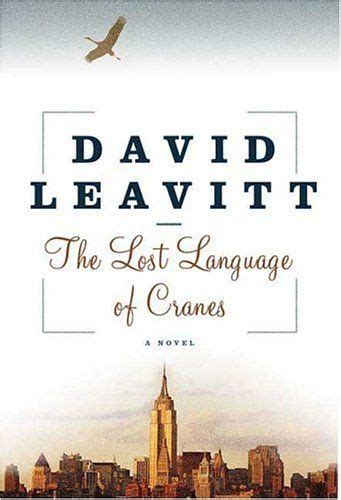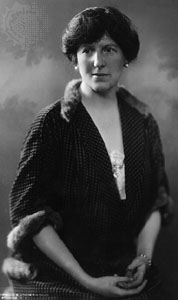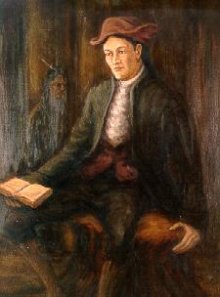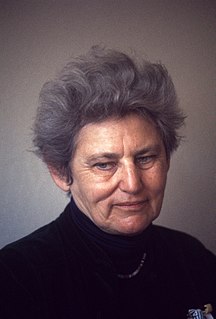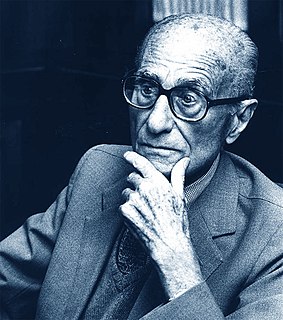A Quote by David Leavitt
When one writer tries to silence another, he silences every writer-and in the end he also silences himself.
Related Quotes
I love your silences, they are like mine. You are the only being before whom I am not distressed by my own silences. You have a vehement silence, one feels it is charged with essences, it is a strangely alive silence, like a trap open over a well, from which one can hear the secret murmur of the earth itself.
I have come to believe over and over again that what is most important to me must be spoken, made verbal and shared, even at the risk of having it bruised or misunderstood. That the speaking profits me, beyond any other effect....what I most regretted were my silences. Of what had I ever been afraid? ...Death on the other hand, is the final silence...my silences had not protected me. Your silences will not protect you.
Compared to men writers of like distinction and years of life, few women writers have had lives of unbroken productivity, or leave behind a 'body of work.' Early beginnings, then silence; or clogged late ones (foreground silences); long periods between books (hidden silences); characterize most of us.
There are all kinds of silences and each of them means a different thing. There is the silence that comes with morning in a forest, and this is different from the silence of a sleeping city. There is silence after a rainstorm, and before a rainstorm, and these are not the same. There is the silence of emptiness, the silence of fear, the silence of doubt.
Literary history and the present are dark with silences . . . I have had special need to learn all I could of this over the years, myself so nearly remaining mute and having to let writing die over and over again in me. These are not natural silences--what Keats called agonie ennuyeuse (the tedious agony)--that necessary time for renewal, lying fallow, gestation, in the natural cycle of creation. The silences I speak of here are unnatural: the unnatural thwarting of what struggles to come into being, but cannot.
As every writer knows... there is something mysterious about the writer's ability, on any given day, to write. When the juices are flowing, or the writer is 'hot', an invisible wall seems to fall away, and the writer moves easily and surely from one kind of reality to another... Every writer has experienced at least moments of this strange, magical state. Reading student fiction one can spot at once where the power turns on and where it turns off, where the writer writes from 'inspiration' or deep, flowing vision, and where he had to struggle along on mere intellect.
I think that most of us are aware that as writers we are seeking absences, we're seeking silences, we're seeking spaces that people haven't entered. No writer is saying, "Hey, I want to go to this very well trod territory and say exactly what someone else has done." I think the nature of a writer, because we are attempting to bring to light areas that people haven't seen before, tends in some ways to be progressive, at least in that light.
